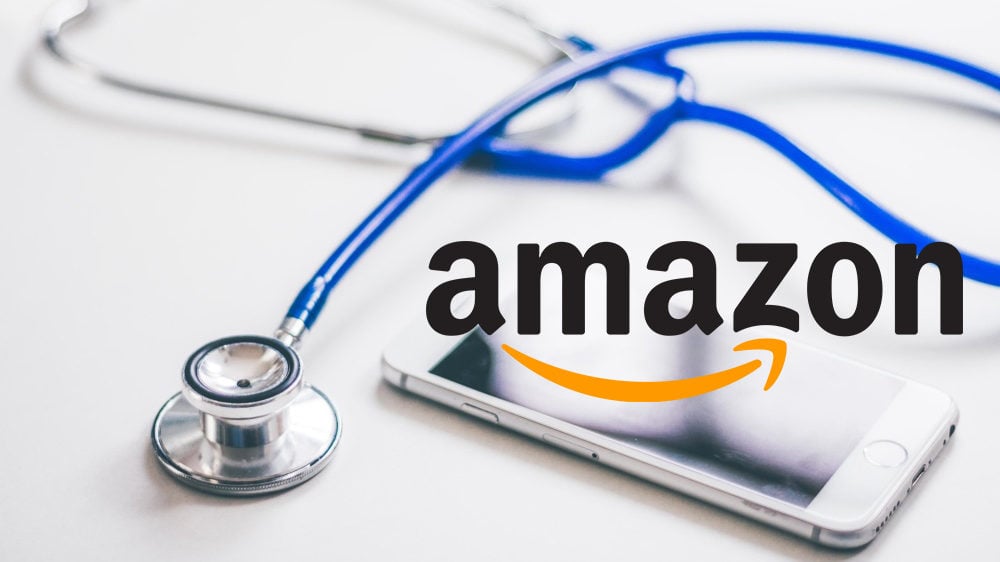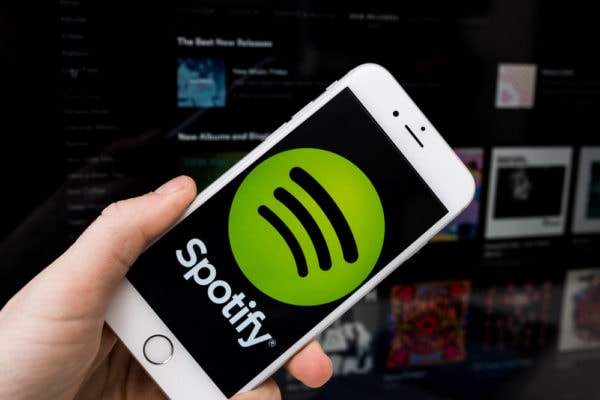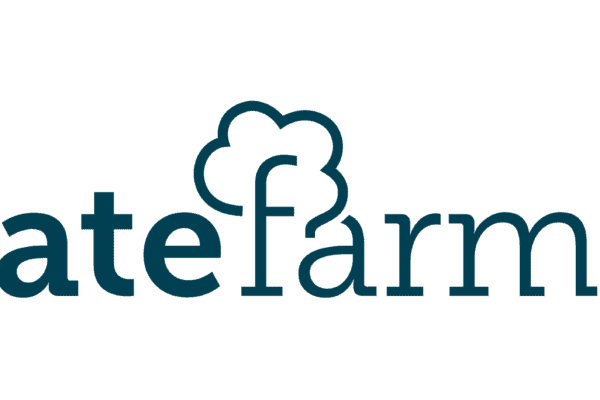Amazon CEO Jeff Bezos is taking a big step to disrupt healthcare alongside JPMorgan Chase and Berkshire Hathaway.
They're in for a challenge, but they're moving forward anyway. You should too.
The retail powerhouse, financial services company and multinational conglomerate are teaming up to disrupt healthcare to better serve their employees.
They announced on Tuesday that they would form an independent healthcare insurance company for their employees in the United States. The three partners are planning a complete overhaul of their employees existing healthcare plans.
Disruption is coming.
We've known that Bezos has had the capacity to disrupt healthcare for some time now. Just listen to his comments in this Vanity Fair interview from 2016:

This is more than a simple attempt to self insure. These partners are looking to disrupt the healthcare industry. Here's what leaders from each company had to say about their new venture.
- "The healthcare system is complex, and we enter into this challenge open-eyed about the degree of difficulty." Amazon CEO Jeff Bezos said. "Hard as it might be, reducing healthcare's burden on the economy while improving outcomes for employees and their families would be worth the effort."
- "The ballooning costs of healthcare act as a hungry tapeworm on the American economy" Berkshire CEO Warren Buffett said. "Our group does not come to this problem with answers. But we also do not accept it as inevitable. Rather, we share the belief that putting our collective resources behind the country's best talent can, in time, check the rise in health costs while concurrently enhancing patient satisfaction and outcomes."
- Jamie Dimon, CEO of JPMorgan Chase, stated the effort could eventually be expanded to benefit all Americans.
There's no concrete plan or vision in place. But make no mistake, these three partners are moving forward quickly. It's no surprise then that healthcare stocks took a tumble after their announcement.
Our healthcare system is in crisis
Millions of people, including those with health insurance, are unable to see a doctor or dentist when they need one. Our healthcare system wastes billions on expensive and often ineffective options.
Hospital chargemasters empower predatory billing, allowing providers to charge patients and insurance companies over-inflated prices.
With their announcement, Amazon, Berkshire and JP Morgan have aligned themselves with their employees.
These partners plan to use machine learning, predictive analytics and AI to provide healthcare at scale for their 1.1 million employees.
Then they plan to expand.
What Amazon's healthcare company means for hungry entrepreneurs
First, the bad news.
No one knows what Amazon is planning. There's no details on the changes this partnership will bring. There's no information on the time frame. No clear idea of the industries that will be affected.
The good news?
Entrepreneurs can position themselves to profit from the coming changes.
How?
1. Work with Amazon's existing infrastructure
Amazon has been quietly building Amazon Services. It's a section of Amazon where customers can request services from specialists who have been licensed, vetted and reviewed. Their service offers are admittedly sparse but that's a good thing. It's new which means there's plenty of room for growth. It's the perfect place for smaller healthcare companies.
Here's why: Amazon Services are unbundled. Services are sold by task.
This could be applied to a wide range of minor health care services (e.g. MRI's, blood tests, check-ups, etc.) that are typically provided by hospitals, walk-in clinics and smaller providers. With Amazon Healthcare, smaller clinics could use their platform to create a productized service. Generate a steady supply of leads, customers and sales.
2. Connect existing healthcare products to Alexa and Dash
Sellers could integrate healthcare products with Alexa, via the Alexa skills kit. Developers could use Amazon's API to teach Alexa new skills. Recurring orders (e.g. diabetes testing kits) could be integrated with hospitals, pharmacy, and insurance companies. Patients could instantly reorder the supplies they need via Dash.
- Incentives could be used to encourage patients to take better care of themselves
- Patients in need of medication and supplies (syringes, insulin vials, lancets, etc.) can reorder via Amazon.com
- Mobile apps can provide prescription data to patients. Patients can share data with Alexa
- Alexa could remind you to reorder supplies, simplifying the order process
In the future, sellers offering healthcare products could integrate with Alexa and sell on Amazon.com.
3. Automating or semi-automating insurance paperwork
Primary care physicians make $217,000 per year, five times more than physicians in Europe. Even worse, insurance paperwork forces physicians to hire extra employees. Combined with hospital chargemasters, patient care is an expensive and inefficient ordeal.
What if it wasn't?
As an insurer, Amazon may be able to use automation to complete some of the tedious insurance paperwork, with sellers (independent contractors) manually completing the rest. Sellers could create a productized version of their service then sell on Amazon.com or use Amazon Services directly.
How can Amazon sellers prepare for the coming disruption?
- Learn the rules. Healthcare is complicated and messy. Government regulations stipulate what you're allowed to share, when you're allowed to share and with whom.
- Look for problems. Healthcare has problems. Amazon's move into healthcare will create lots of new problems that need to be solved. Every solution creates new problems. Find the problems and it's easier to figure out where you fit.
- Create a solution. Here's a simple way to solve a problem. Create X dollars of value for customers. Capture Y percent of X. Create a solution customers value, then charge a percent of that value. Next, find the problems that come from your solution and solve those. Rinse and repeat.
- Be over prepared. Customers are afraid. They have questions and objections, fears and frustrations. Which one will customers ask you for first? What do customers want to know first? Don't know? Neither do I. That's why it's important to over prepare. Tell the whole story. Share risk reversals, answer questions, defuse objections.
The healthcare disruption is coming.
Amazon, JPMorgan Chase and Berkshire Hathaway don't have a plan in place, but there's no reason to wait. Our healthcare system is in crisis.
Millions of people, including those with health insurance aren't getting the care they need. If you're an entrepreneur and you're hungry, the opportunity is there.
Start now.
Create a list of problems, begin the search for a solution you can offer. Look for ways you can add value and you'll find you're ready to be disrupted.
MORE AMAZON MARKETING STRATEGIES ON CAPITALISM.COM:








